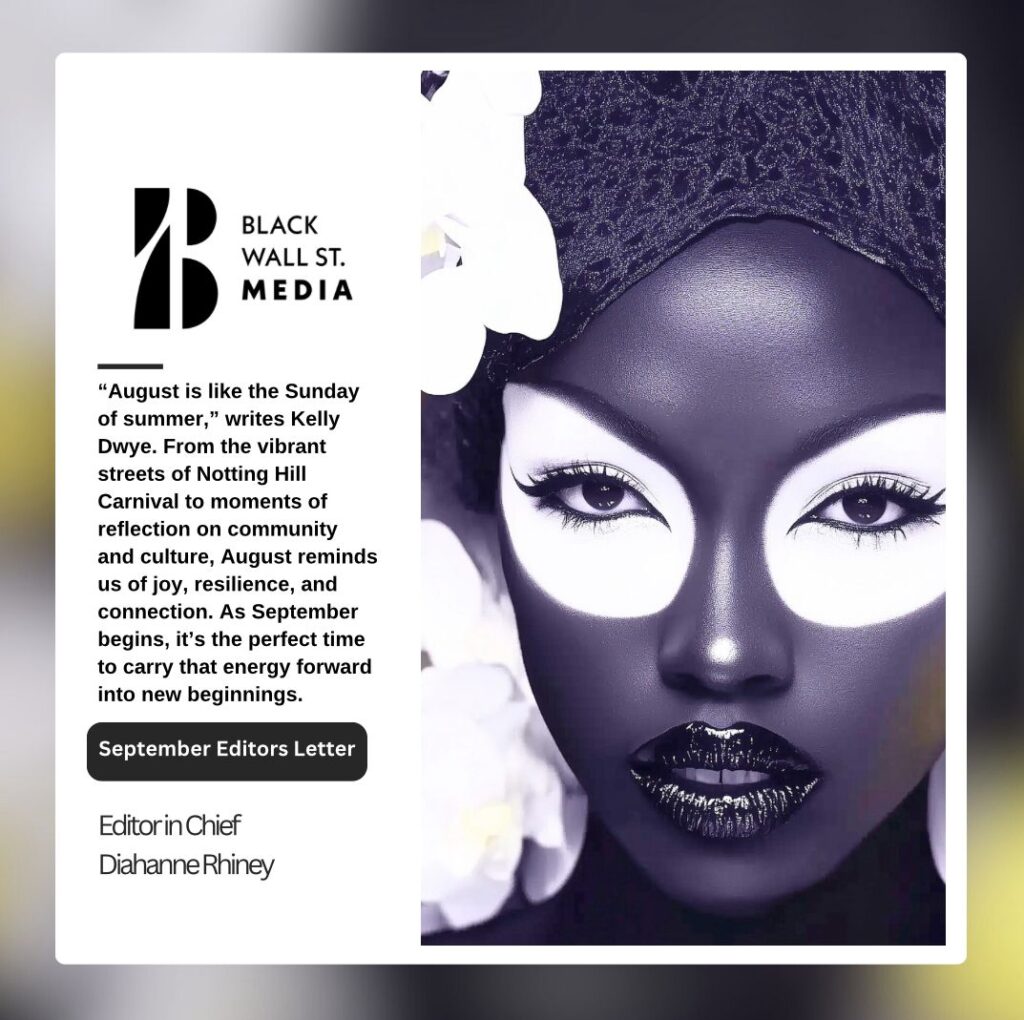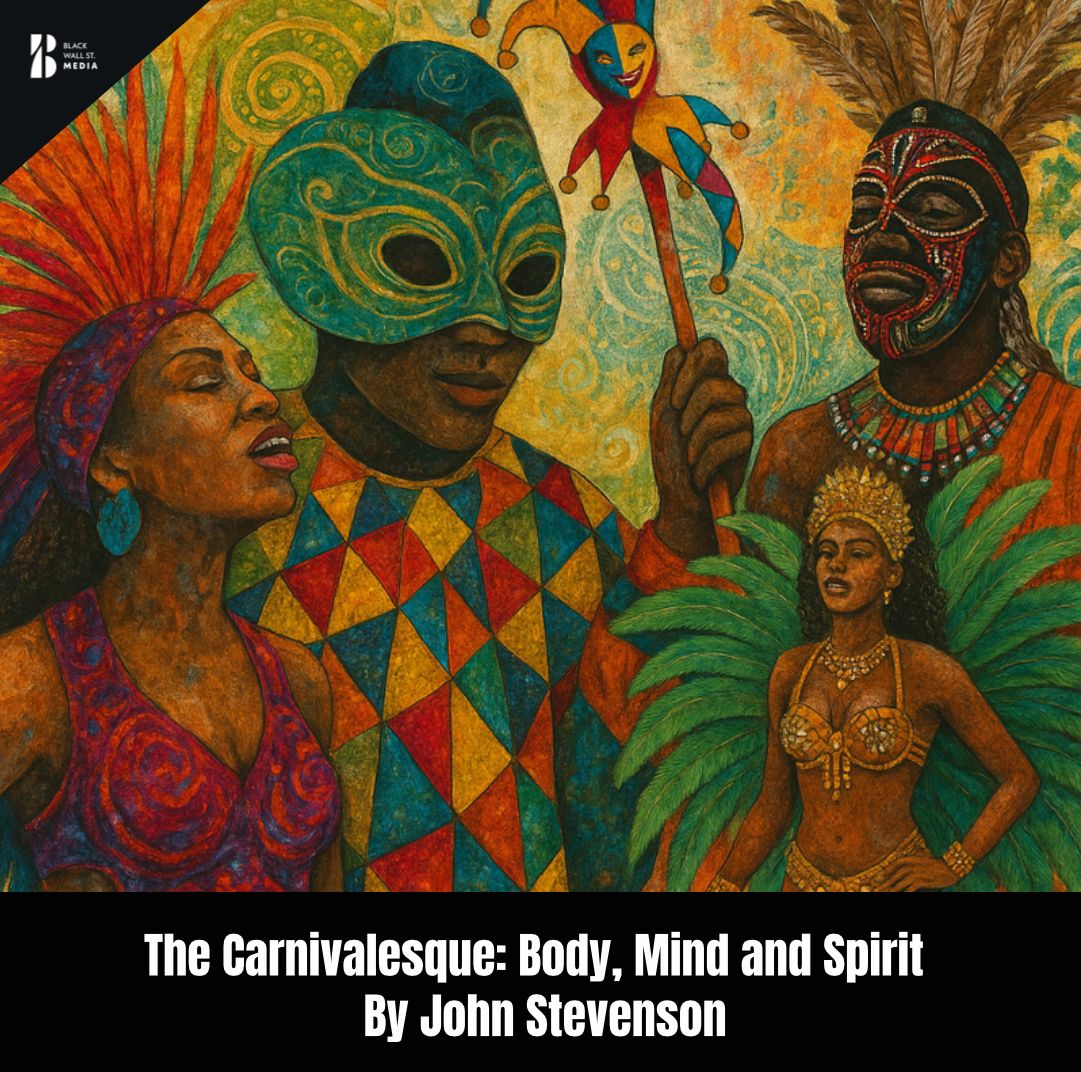EDUCATION
Margaret Walker: A Literary Trailblazer and Champion of Black Heritage
“Dive into the legacy of Margaret Walker – a trailblazing poet, writer, and educator who shaped the narrative of African-American literature. From historic wins at Yale to the timeless masterpiece "Jubilee," her impact is felt in every word. Join us as we celebrate a literary luminary who continues to inspire generations.”
Black Wall Street Media
Educational Pursuits: Walker’s educational journey included a move to New Orleans and eventually to Chicago. At Northwestern University, she earned her Bachelor of Arts degree in 1935, laying the foundation for her literary career.
It was during her time at the University of Iowa that she received her master’s degree in creative writing in 1942 and later returned in 1965 to earn her Ph.D.
Literary Contributions and Recognition: In 1942, Walker made history by winning the prestigious Yale Series of Younger Poets Competition with her poetry collection, “For My People.”
This marked her as the first black woman to receive a national writing prize, a groundbreaking achievement in the realm of African-American literature.
Her novel, “Jubilee” (1966), took thirty years to write and is based on the life of her great-grandmother, telling the story of a slave family during and after the Civil War.
The novel stands as a poignant response to prevalent white ‘nostalgia’ fiction about the antebellum and Reconstruction South. “Jubilee” became a cornerstone in African-American literature, solidifying Walker’s status as a literary luminary.
Academic Legacy: Margaret Walker’s commitment to education extended beyond her literary pursuits. She became a literature professor at Jackson State University, where she taught from 1949 to 1979. In 1968, she founded the Institute for the Study of History, Life, and Culture of Black People, now known as the Margaret Walker Center.
Serving as its director in 1976, Walker ensured a lasting legacy in the academic exploration of black history and culture.
Multifaceted Artistry: In addition to her written works, Walker expanded her artistic expression by releasing three albums of poetry on Folkways Records in 1975.
These albums showcased her recitations of works by Paul Laurence Dunbar, James Weldon Johnson, Langston Hughes, and her own poetry, further solidifying her influence in the literary world.
Honors and Recognition: Margaret Walker’s contributions were acknowledged with a Candace Award from the National Coalition of 100 Black Women in 1989, solidifying her as a beacon of inspiration and a significant figure in the ongoing narrative of African-American literary achievements.
Legacy and Impact: Margaret Walker’s legacy lives on through her written works, academic contributions, and the Institute she founded. As a pioneer of African-American literature, she paved the way for future generations of black writers, leaving an enduring impact on both the literary and academic spheres.
”Walker's dedication to celebrating the richness of black heritage and culture continues to inspire and resonate with readers and scholars alike.
Black Wall St. MediaContributor





































